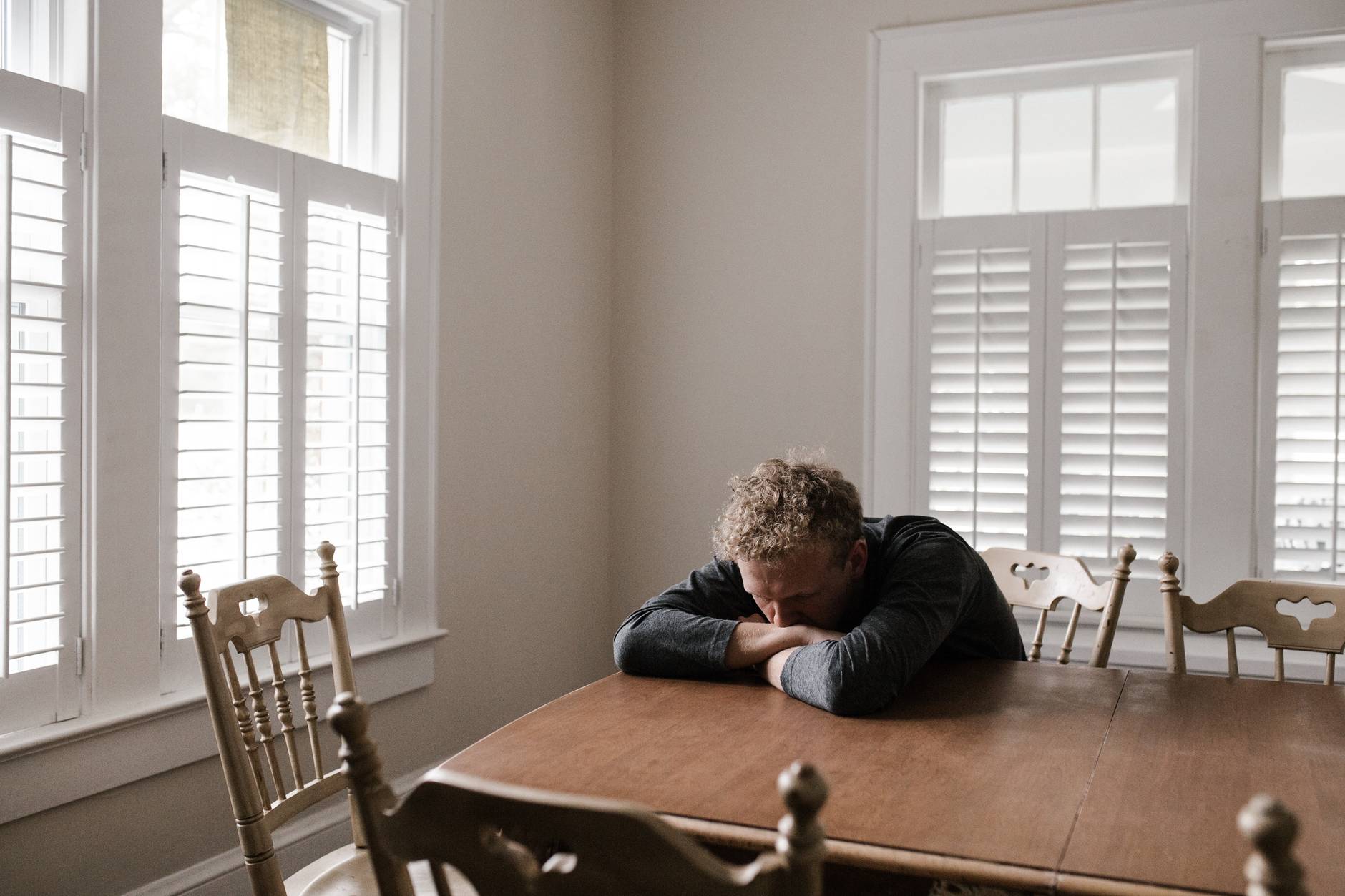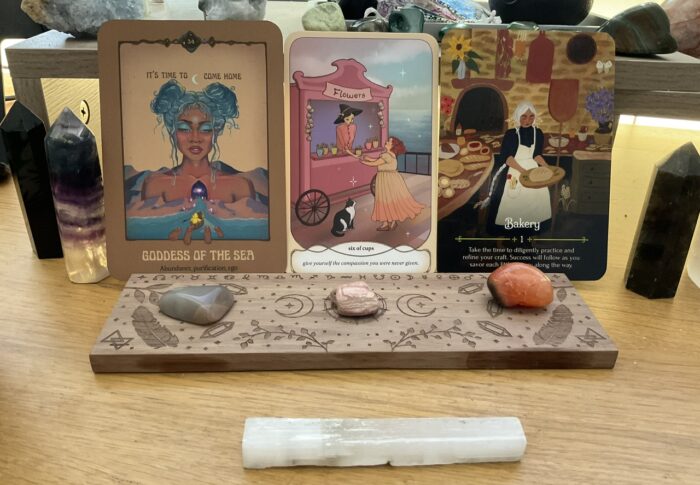
Anxiety/anxiety attack. How to help and things you should never say
Hi Musers, welcome back to part 2 of our series on helping someone with mental health issues. Last time we talked about depression and we’re moving on today to anxiety. Just like depression is not feeling a bit sad anxiety is not feeling worried. When it’s someone is in the middle of an anxiety attack it can be absolutely crippling. I find there tend to be 2 extremes when someone is anxious. Either they have to do everything all at once or they’re so paralysed by the feeling they can’t do anything.
Symptoms of anxiety
When someone has anxiety problems long-term you won’t always associate their symptoms with anxiety. Most people think of anxiety as hyperventilating, sweaty palms, and looking as if they’re panicking. These are symptoms of an anxiety attack. Anxiety can show itself in all these ways:
- Tiredness
- Difficulty Concentrating
- Unusual irritability
- Difficulty sleeping
- Aching muscles
- Dizziness
- Headaches
- Nausea/Diarrhoea
- Needing to pee a lot
- Feeling cold
- Avoiding social situations
Do any of these surprise you? I’m sure if you picked a few of them you’d think the person had a tummy bug or maybe a migraine. They are all symptoms of anxiety though. Hopefully, these will help you recognise if someone you care about that has anxiety is struggling.
So now you know they’re struggling – what should you do?
As I explained in the post on depression simply being there for them is a great start. It must be on their terms though! Even more than with depression it is incredibly easy to overwhelm a person with anxiety problems. Hold their hand, give them a hug if they want one, and try your best to project calm. Even if you’re worried they can’t handle your worry on top of their own. If there are things they feel they need to do to feel better then help them do it. It may seem irrational to you but they might need to do the dishes. They can‘t sleep until they reorganise their books. The idea of repainting the bedroom is all they can think about. If you can help them then do it. It will take something off their plate and their mind!
Am I making it worse?
I admit this is one I struggle with. My husband suffers from anxiety and he struggles particularly in interactions with other people. As a result, if we need to drop parcels off at the post office, go and collect food from a takeaway, or do any banking he finds it hard and wants me to do it. I do it most of the time anyway because I love him. When I do it though I worry that by enabling him I’m validating his anxiety. Reinforcing it if that makes sense?
I have read about anxiety and researched it a lot. Many different sources say the only way to train your brain not to react in these situations is to put yourself in them and stay there until your body calms down. No matter how long it takes. By doing this it tells your body that its anxiety response was not needed and over time it will learn not to react in this way. If I make it easier for my husband to avoid these situations am I preventing him getting well? He insists this is not the case and if I didn’t help him his mental health would be much worse. He claims he’d most likely have an anxiety attack I still worry though.
Keep it calm
The most important thing when someone is anxious is to not put extra pressure on them. Even if you have somewhere to be – the cinema, a restaurant booking, or you’re expected at a friend’s house for dinner. Adding more pressure is only going to make their anxiety worse. Believe me, they know you both have places to be and hate that they can’t pull it together.
Try to reassure them. Let them know that you’re there and everything is ok. Hold their hand and smile at them. Encourage them to take slow, deep breaths and breathe along with them. If they have a pet suggest they stroke it for a while. Studies have found that petting a cat or dog can relieve stress and anxiety symptoms.
It’s not about you
Do NOT be an asshole and make them feel bad about the situation. You cannot guilt someone out of an anxiety attack. Saying things like “so I guess that’s the money for the tickets down the drain” or “looks like we’re staying in again!” Will make the person feel even worse and increase their feelings of panic. No matter how disappointed or fed up you are please do not be a dick.
Long Term
Like any other mental illness, anxiety sufferers generally need some sort of help to improve. Options include anti-anxiety medication, beta-blockers, counselling, and in recent years mindfulness and meditation have been shown to be effective. When the person is calm talk over these options with them and encourage them to see a doctor.
Bye for now
I hope you’ve found these posts helpful. If you have your own experiences and advice to share I’d love to hear it. Pop the in the comments below or contact me directly. If you like what I’ve been writing about and would like to hear more please subscribe.







